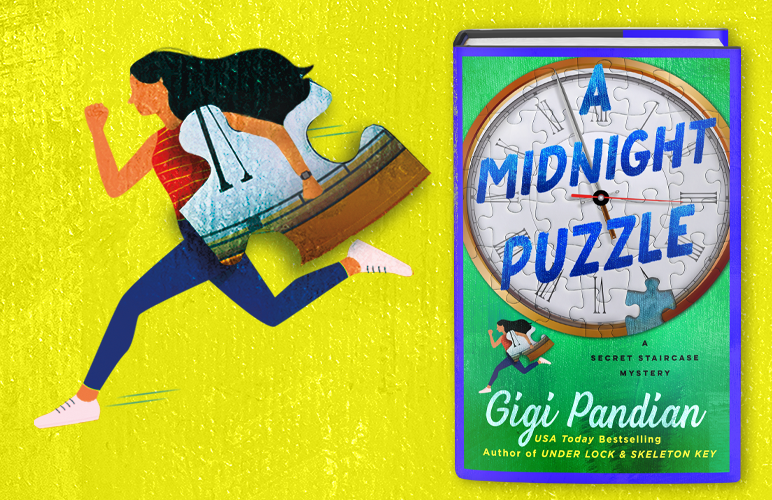Each year, Banned Books Week celebrates the freedom to read. Launched in 1982 in response to an increasing number of challenges to books, Banned Books Week shines a light on the shocking number of books that are still being censored in the United States.
I'm an author who writes pretty inoffensive books and stories. Family-friendly adventure mysteries with no graphic violence, sex, or swearing (at least not stronger than the occasional "damn"). So why should I care about Banned Books Week?
First, books as seemingly unobjectionable as A Light in the Attic have been banned. Really? A Light in the Attic? That's one of my favorite books from my childhood. I can still recite many of those wonderful poems off the top of my head. ("Batty" is perhaps my favorite.)
Here are two posters from the ACLU that illustrate the wide range of books that have been banned in the United States.
I'm an author who writes pretty inoffensive books and stories. Family-friendly adventure mysteries with no graphic violence, sex, or swearing (at least not stronger than the occasional "damn"). So why should I care about Banned Books Week?
First, books as seemingly unobjectionable as A Light in the Attic have been banned. Really? A Light in the Attic? That's one of my favorite books from my childhood. I can still recite many of those wonderful poems off the top of my head. ("Batty" is perhaps my favorite.)
Here are two posters from the ACLU that illustrate the wide range of books that have been banned in the United States.
If A Light in the Attic is being banned, what else is being censored? Those posters capture only a small sampling. There are more.
Second, anything that infringes on freedom of speech is frightening. Free speech and freedom of ideas are core values of this country. Censorship isn't the answer to objectionable books. Nobody is holding a gun to your head to force you to read a certain book. At least I hope they're not. If they are, your real life story will never make its way into one of my lighthearted mystery novels.
Third,
if such a wide range of books are objectionable to someone, somewhere, what comes
next? As a mystery novelist, I use some rather interesting research materials, as you can see in the photo of my bookshelf, below. Facts and ideas aren't poisonous. Like anything in life, it's what we do with them.
 |
| My free speech water bottle on a bookshelf with research books for writing mysteries. |
Therefore, as both a reader and a writer, censorship troubles me. But luckily, I'm not alone.
The American Library Associate has a policy of not banning books from libraries. It's parents who should be involved in figuring out what's appropriate for their children, not the state. And once we're adults, we should have the freedom to choose what we want to read.
As the Supreme Court stated: "If there is a bedrock principle underlying the First Amendment, it is that the government may not prohibit the expression of an idea simply because society finds the idea itself offensive or disagreeable." --Justice Brennan, Texas v. Johnson.
This week, the ACLU of Northern California will be running a series of blog posts on their website that explore the history of banned books along with personal stories.
I love that there are organizations like the ACLU that defend freedom of speech and the freedom to read.
--Gigi






